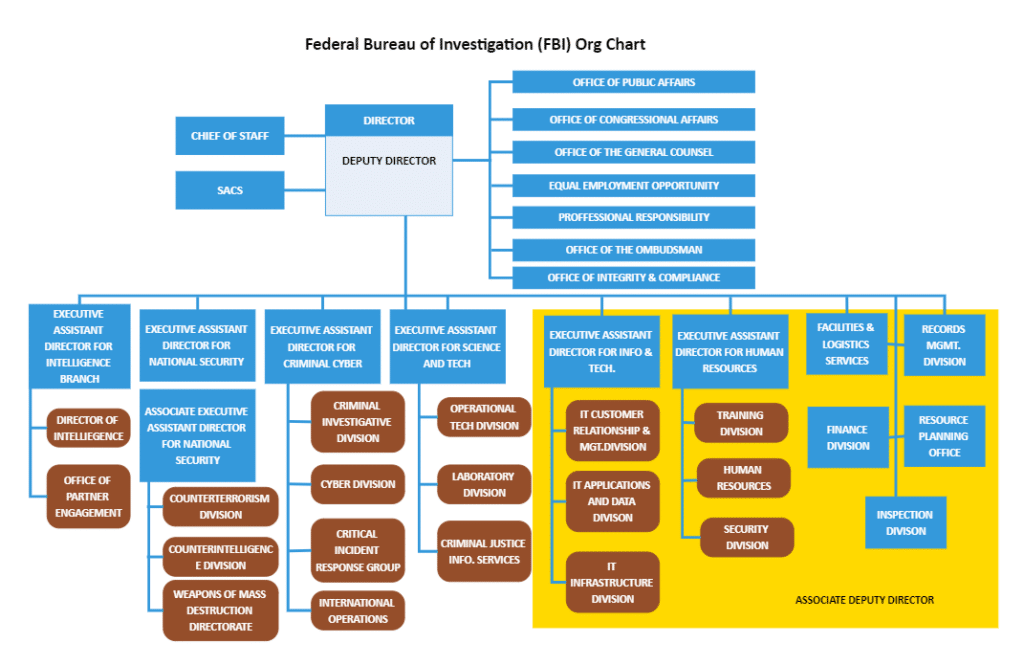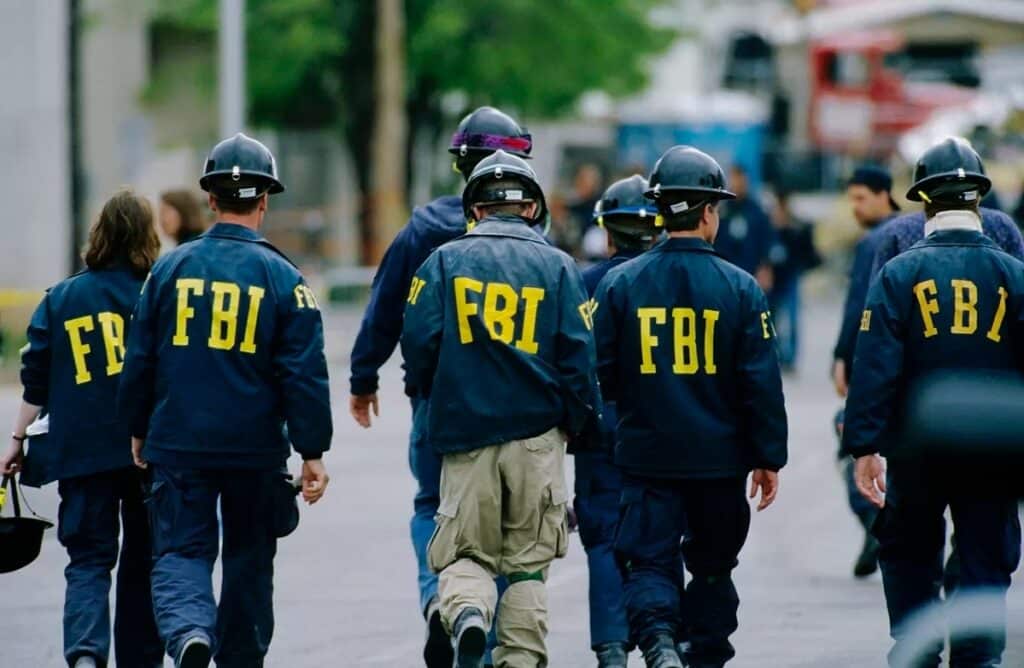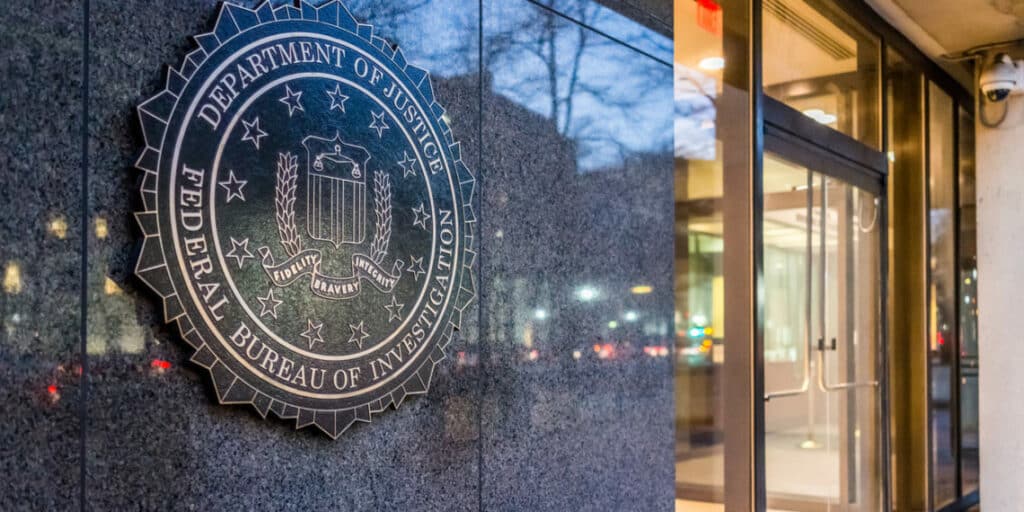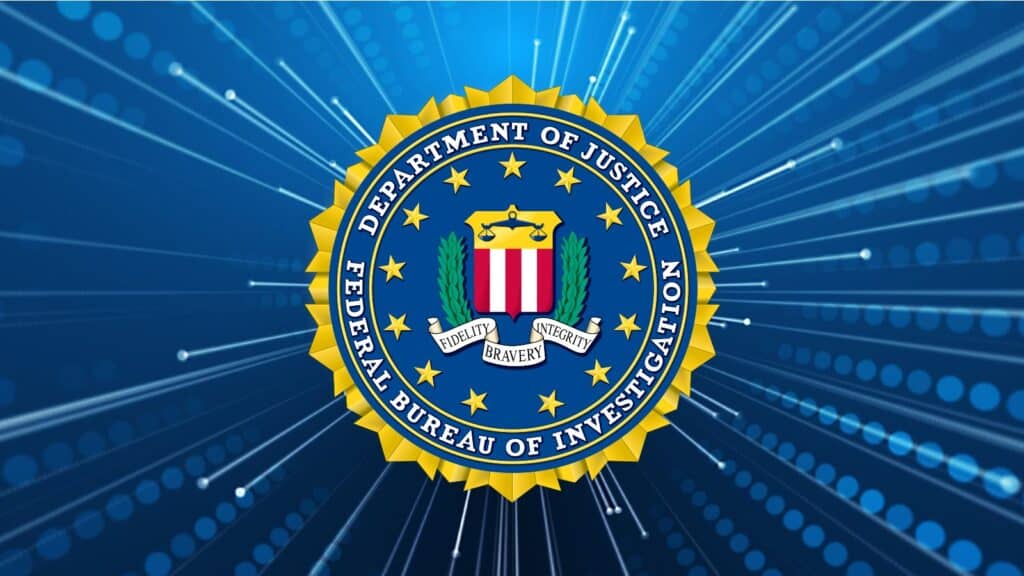The Federal Bureau of Investigation (FBI) is one of the most well-known law enforcement agencies in the world. Their role is to protect the United States and its citizens from threats both foreign and domestic.
In this article, we will provide an overview of the history and structure of the FBI, its core functions, and its investigative process.
On This Page:
A Brief History of the FBI
The Federal Bureau of Investigation (FBI) is a federal law enforcement agency that has played a critical role in maintaining the safety and security of the United States for over a century. While the FBI has undergone significant changes since its creation in 1908, it remains one of the most important institutions in the country today.
Formation and Early Years
The FBI was initially established in 1908 as the Bureau of Investigation (BOI). At the time, the agency’s primary responsibility was to investigate violations of federal law within the United States. The BOI was a small organization, with only a few dozen agents working out of a single office in Washington, D.C.
Over the next several decades, the BOI underwent significant changes. In 1932, it was renamed the United States Bureau of Investigation and given expanded powers to combat organized crime. The next year, in 1933, the agency was renamed to Division of Investigation (DOI), and then the following year, in 1934, it was again renamed, this time as the Federal Bureau of Investigation (FBI).
Expansion and Growth in the 20th Century
Throughout the 20th century, the FBI continued to expand and grow. During World War II, the agency played a key role in counterintelligence efforts, working to identify and neutralize foreign spies and saboteurs operating within the United States. In the decades that followed, the FBI became increasingly focused on national security and counterterrorism.
During the 1960s and 1970s, the FBI faced criticism and controversy, particularly over alleged abuses of power and violations of civil liberties. In response, the agency was restructured in the 1980s, and efforts were made to increase transparency and accountability. Today, the FBI operates under strict guidelines and regulations, with a focus on protecting the rights and freedoms of all Americans.
The FBI in the Modern Era
Today, the FBI continues to be a vital part of the United States’ national security apparatus. With their broad mandate and extensive resources, the agency is responsible for investigating a wide range of crimes and threats, from terrorism and cybercrime to organized crime and white-collar fraud.
One of the FBI’s most important roles is to protect the country from terrorism. In the wake of the September 11th attacks, the agency’s focus shifted sharply towards counterterrorism efforts, and today the FBI plays a critical role in identifying and disrupting terrorist plots both at home and abroad.
The FBI is also responsible for investigating and preventing cybercrime. With the rise of the internet and digital technology, cybercrime has become an increasingly serious threat to national security. The FBI works closely with other agencies and private sector partners to identify and neutralize cyber threats, from hacking and data breaches to online fraud and identity theft.
Finally, the FBI is responsible for investigating and prosecuting a wide range of other crimes, from drug trafficking and organized crime to public corruption and civil rights violations. With its extensive resources and broad mandate, the FBI is one of the most powerful and effective law enforcement agencies in the world today.
The Structure of the FBI
The Federal Bureau of Investigation, commonly known as the FBI, is the principal investigative arm of the United States Department of Justice. It is responsible for investigating a wide range of federal crimes, including terrorism, cybercrime, and organized crime.
Organizational Hierarchy
The FBI is led by a Director who is appointed by the President and confirmed by the Senate. The Director is assisted by a number of high-ranking officials, including the Deputy Director, the Associate Deputy Director, and Assistant Directors, who lead various departments and divisions within the agency.
These top-level officials work together to ensure that the FBI is operating effectively and efficiently. They are responsible for setting the agency’s priorities, developing strategies for achieving its goals, and overseeing the work of the agents and support staff who carry out the day-to-day operations of the FBI.
Beneath these top-level officials, the FBI is organized into two main categories: Field Offices and Headquarters. Field offices are spread throughout the country and are responsible for carrying out the FBI’s investigative work at a local level. Headquarters, located in Washington D.C., provides strategic direction and support to the field offices.
Together, the Field Offices and Headquarters form a network of highly trained professionals who work tirelessly to protect the safety and security of the United States and its citizens.

Key Departments and Units
Within the FBI, there are a number of key departments and units that are responsible for specific areas of law enforcement and national security. These include the National Security Branch, the Criminal, Cyber, Response, and Services Branch, and the Science and Technology Branch.
The National Security Branch is responsible for counterterrorism, counterintelligence, and weapons of mass destruction investigations. It works closely with other federal agencies, such as the Central Intelligence Agency (CIA) and the National Security Agency (NSA), to identify and disrupt threats to national security.
The Criminal, Cyber, Response, and Services Branch handles criminal investigations, cybercrime, and emergencies. It is responsible for investigating a wide range of crimes, from white-collar fraud to violent crime, and it provides critical support during natural disasters and other emergencies.
The Science and Technology Branch provides scientific and technological support to the entire FBI. It is responsible for developing and implementing new technologies and techniques that help the FBI stay ahead of criminals and other threats.
The Role of FBI Field Offices
The FBI’s field offices are located in cities and towns across the country. Each office is responsible for carrying out the FBI’s investigative work in their area, whether that means conducting interviews, gathering evidence, or coordinating with other law enforcement agencies.
Field offices are also responsible for maintaining close relationships with the communities they serve. This means working with local officials, businesses, and organizations to build trust and gather information about potential threats.
Agents in the field offices are highly trained professionals who are dedicated to upholding the law and protecting the public. They work long hours and often put themselves in harm’s way to ensure that justice is served and that the people of the United States are safe.
Overall, the FBI is a vital component of the United States’ law enforcement and national security apparatus. Its highly trained agents and support staff work tirelessly to protect the country and its citizens from a wide range of threats, both foreign and domestic.
The FBI’s Core Functions

Counterterrorism and Homeland Security
One of the FBI’s primary responsibilities is to protect the United States from terrorist attacks. To do this, the agency works closely with other members of the intelligence community to gather and analyze intelligence related to terrorist threats, both domestic and foreign.
In addition to counterterrorism efforts, the FBI also plays a key role in protecting the country from other areas of national security concern, including cybersecurity and espionage.
Criminal Investigations and Law Enforcement
The FBI is responsible for investigating a wide range of criminal activity, from violent crime to white-collar fraud. They work closely with other law enforcement agencies at the federal, state, and local levels to identify and apprehend criminals, and to bring them to justice.
Cybersecurity and Technology
The FBI’s role in cybersecurity and technology has become increasingly important over the years. The agency is responsible for investigating a wide range of cybercrimes, from hacking to identity theft, and they work closely with other agencies and private partners to prevent and respond to cyber threats.
Intelligence and Information Sharing
The FBI is also responsible for gathering and analyzing intelligence related to national security threats. They work closely with other members of the intelligence community to share information and coordinate efforts to prevent and respond to potential threats.
The FBI’s Investigative Process

Gathering and Analyzing Intelligence
The FBI’s investigative process typically begins with the gathering and analysis of intelligence related to a potential threat or crime. This can involve the use of a wide range of tools and techniques, from surveillance and wiretaps to interviews and undercover operations.
Conducting Investigations
Once the FBI has gathered sufficient intelligence, the next step is to initiate an investigation. This can involve a variety of activities, from collecting physical evidence to interviewing witnesses and suspects.
Working with Other Law Enforcement Agencies
The FBI works closely with other law enforcement agencies, both within the United States and abroad, to share information and coordinate efforts. This can involve working with local police departments, other federal agencies, or even international law enforcement organizations.
Prosecution and Legal Proceedings
Finally, if the FBI’s investigation leads to the identification of a suspect, the agency works closely with prosecutors to bring charges and take the case to court. This can involve providing testimony and evidence, as well as working with witnesses to ensure their safety and protection.
Conclusion
As one of the preeminent law enforcement agencies in the world, the role of the Federal Bureau of Investigation is essential to the security and well-being of the United States and its citizens. By understanding the history and structure of the FBI, as well as their core functions and investigative process, we can gain greater insight into their critical mission, and the challenges they face on a daily basis.

